![]()
No CPD Points
![]()
![]()
![]()
In this episode of Sound Optometry, we hear of a scenario where a sixth nerve palsy was detected in an urgent remote consultation with an elderly patient. We also explore methods that optometrists have at their disposal to detect and manage binocular vision problems in children.
Topics: Binocular vision assessment, Examining children, Amblyopia, Strabismus, Squint, Incommitant, Convergence insufficiency, Exercises, Ocular Motility, Stereopsis, Prisms, Double vision, Orthoptics, Referrals.
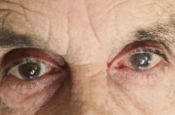
No CPD Points
Cataracts are a leading cause of blindness and can be treated effectively with surgery to remove and replace the clouded lens with an artificial intraocular lens. In this interview, Polly Dulley discusses the use of intraocular lenses in cataract surgery with Stephen Campbell.
First published in DOCET OQ91 (2014).
Topics: Cataract, IOL, Lens extraction, Lenses, Binocular, Multifocal, Toric, Surgery.

No CPD Points
Professor Earl Smith, of the College of Optometry at the University of Houston, has been conducting some fascinating research into myopia control. Philip Morgan talks to Professor Smith about his findings.
Topics: Myopia, Progression, Refractive error, Contact lenses, Spectacles, Retina, Periphery, Genetics, Inheritance, Growth.
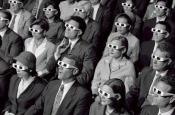 No CPD Points
No CPD Points
Dr Mariana Lopez discusses her research into the potential of new audio technologies to improve on current audio description facilities for visually impaired people.
First published in DOCET OQ93 (2015).
Topics: Low vision, Visual impairment, Audio, Sound, Visual media.
No CPD Points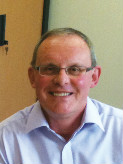
Two million people in the UK are affected by some degree of sight loss. Hugh Breakspear interviews Ron Bramley, the Chief Executive of the Thomas Pocklington Trust. Ron explains how optometrists can provide guidance to their patients about lighting in the home.
Topics: Thomas Pocklington, Visual impairment, Elderly, Lighting, Blind, Partially sighted, Low vision, Glare, Falls.
No CPD Points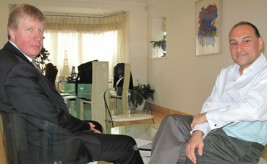
The intraocular microtelescope has been developed to manage AMD. Hugh Breakspear interviews Simon Levy to explain the Microtelescope and its potential to further improve the lives of those with the condition.
Topics: Telescope, AMD, Macular degeneration, Inplant, Mirror, Lipshitz, Visual impairment, Magnification, Lens, Wet, Dry.
No CPD Points
Researchers at the University of Ulster have carried out a study on more than 1,000 children from different backgrounds and different sectors within Northern Ireland. Polly Dulley spoke to Dr Lisa O' Donoghue on the telephone to discuss the project, which in 2010 was a year into its second phase.
Topics: Myopia, Astigmatism, Hyperopia, Children, Paediatric, Long-sighted, Short sighted.
No CPD Points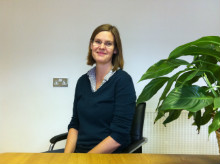
Susan Cowling talks to Dr Keziah Latham about her research into whether a patient’s success with low vision aids can be accurately predicted from standardized assessments of current vision levels and the spectacle strength.
Topics: LVA, Visual impairment, Magnifier, Telescope, Spectacles, Prescription, Reading, Magnification, Near, Electronia.
No CPD Points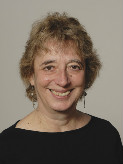
Anna Turvey and Judith Morris discuss a range of issues relating to RGP lenses, including how long term RGP wear can affect the spectacle prescription and the shape of the cornea.
Topics: Aftercare, Contact lens, Rigid gas permeable, Cornea, Spectacle, Refraction, Staining, 3 and 9, Epithelial, Ptosis, Moulding, Material.